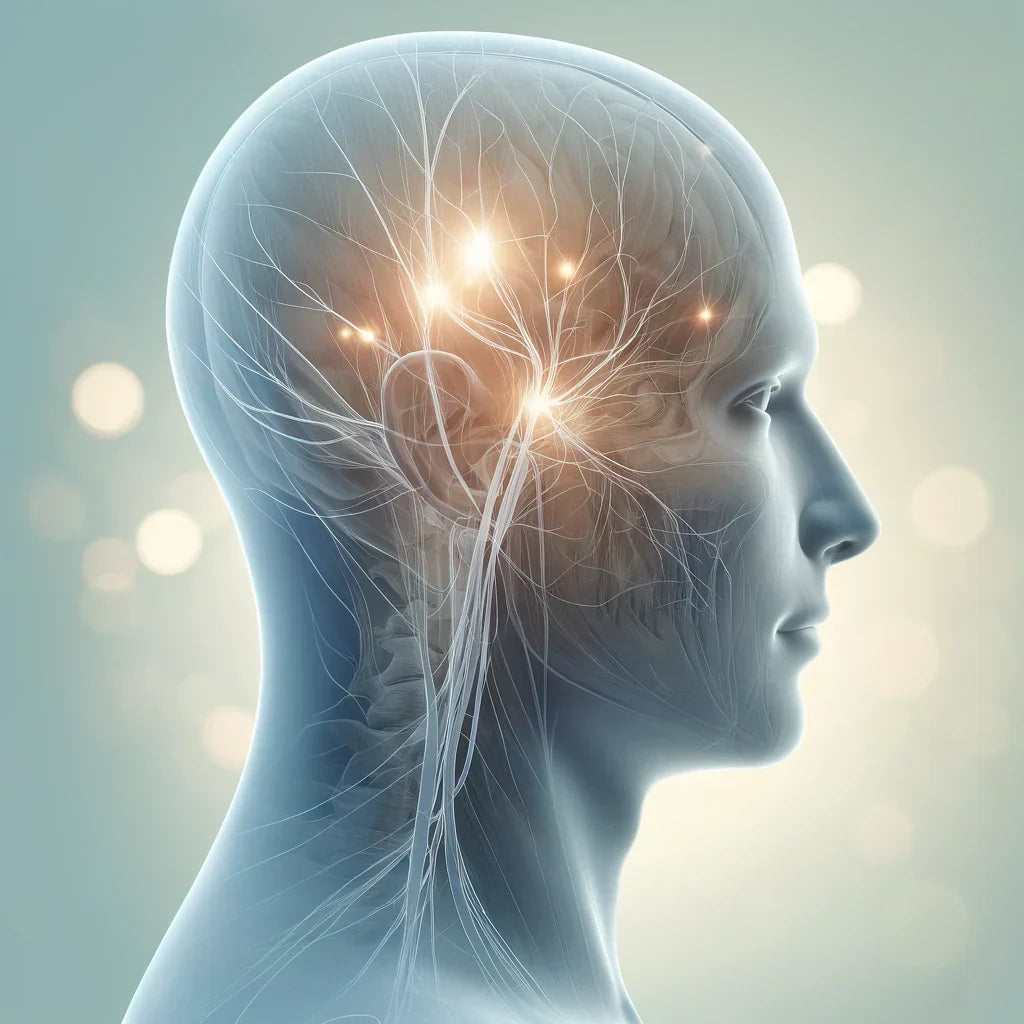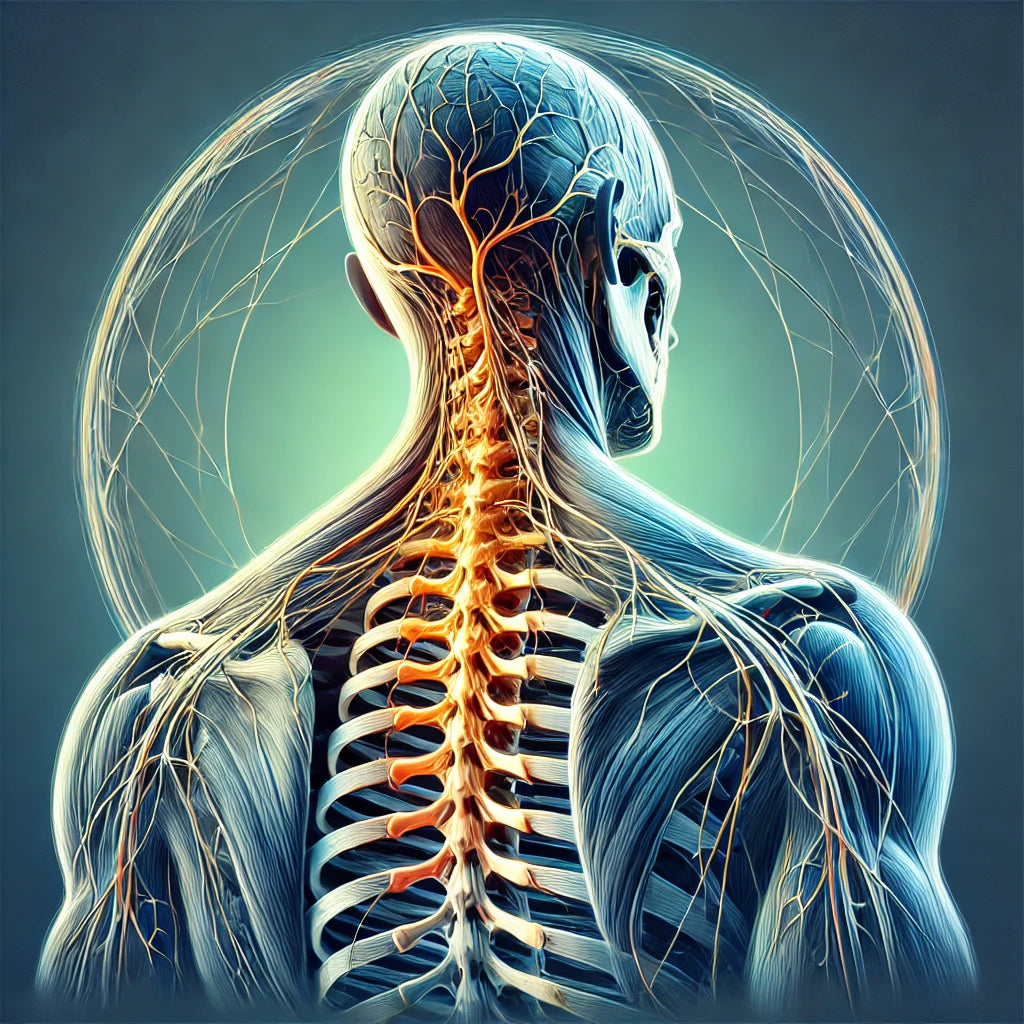News — nerve compression
The Hand Whisperer: How to Decode and Defeat Carpal Tunnel Syndrome
carpal tunnel exercises carpal tunnel recovery carpal tunnel supplements carpal tunnel syndrome CTS causes CTS diagnosis CTS symptoms ergonomic wrist care hand pain relief hand rehabilitation hand whisperer therapy median nerve nerve compression nerve health supplements non-surgical CTS treatment repetitive strain injury wrist brace wrist numbness wrist pain solutions wrist surgery
Your hands are your tools—your lifeline for everything from typing emails and gripping a coffee cup to expressing yourself through gestures. But when tingling, numbness, or pain begins to creep into your fingers, it could be more than overuse—it might be Carpal Tunnel Syndrome (CTS). This common yet often misunderstood condition affects millions worldwide, silently stealing strength, mobility, and comfort from the very hands we depend on.
Carpal Tunnel Syndrome doesn’t have to mean a life sentence of wrist braces or missed workdays. With the right knowledge and approach, you can decode its causes, identify early symptoms, and find effective, lasting relief. Whether you're a keyboard warrior, a hairstylist, or someone who just can’t put their phone down, this comprehensive guide will help you reconnect with your hands—and reclaim control.
Trigeminal Neuralgia Treatment: Medications, Surgery & Coping Tips
anticonvulsants for pain chronic nerve pain coping with TN facial nerve pain facial pain support gamma knife surgery medications for TN mental health TN microvascular decompression nerve compression nerve health nerve pain management pain triggers TN supplements TN surgery options TN treatment trigeminal disorder trigeminal nerve trigeminal neuralgia trigeminal pain relief
Trigeminal neuralgia is often described as one of the most excruciating pain disorders known to medicine. Affecting the trigeminal nerve that carries sensation from the face to the brain, this condition can turn routine activities like brushing teeth, speaking, or even a breeze across the cheek into unbearable episodes of sharp, electric shock-like pain. It can significantly impair quality of life and cause emotional distress, especially when left untreated or misdiagnosed.
Thankfully, advancements in medical treatments, surgical techniques, and pain management strategies have brought hope to those living with this chronic condition. Whether you’re newly diagnosed, exploring alternatives after failed therapies, or supporting a loved one, this article offers a comprehensive look at current treatment options—including medications, surgical interventions, and psychological coping strategies. Let’s unpack the latest in managing trigeminal neuralgia and reclaiming your daily life.
Cervical Stenosis and Muscle Weakness: A Guide to Management
cervical spine cervical stenosis cervical stenosis surgery cervical stenosis symptoms muscle weakness muscle weakness treatment neck exercises neck pain relief nerve compression physical therapy spinal cord compression spinal health spinal stenosis treatment spine health stenosis management
Cervical stenosis is a condition that occurs when the spinal canal in the neck narrows, placing pressure on the spinal cord or nerves. This can lead to various symptoms, including pain, stiffness, and one of the most concerning effects: muscle weakness. Over time, if left untreated, the muscle weakness caused by cervical stenosis can affect mobility, coordination, and overall quality of life. Understanding how to manage this condition is key to preventing further complications and maintaining physical function.
Fortunately, there are several treatment options available to help manage the symptoms of cervical stenosis, including therapies that focus on relieving nerve compression and strengthening affected muscles. Whether through physical therapy, medications, or, in more severe cases, surgery, the goal of treatment is to reduce pain, restore muscle strength, and improve the patient’s ability to perform daily activities. This guide will explore the causes of cervical stenosis, how it leads to muscle weakness, and the best ways to manage and treat this condition.



